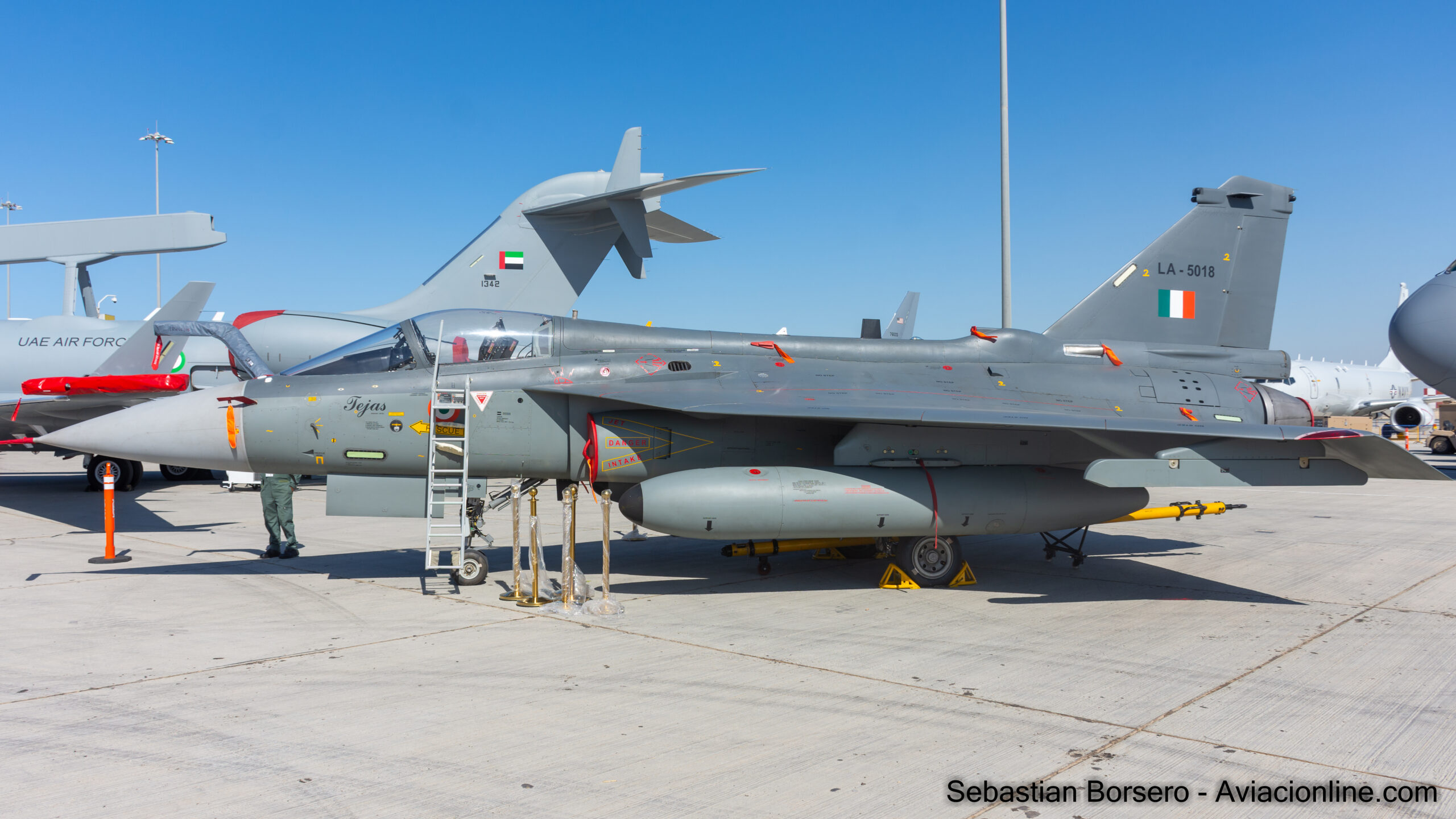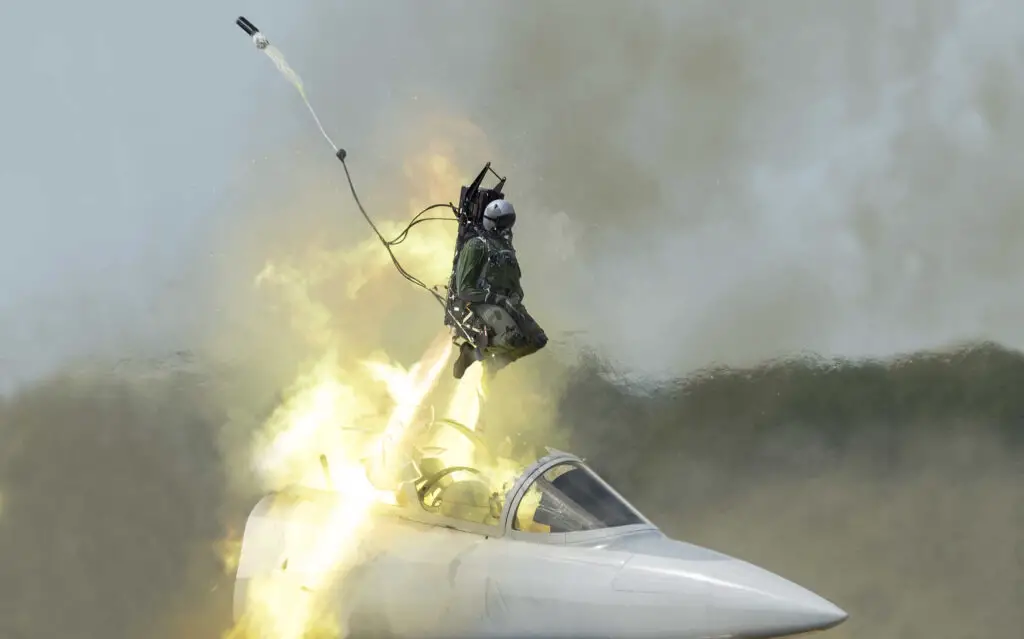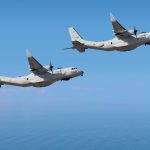Hindustan Aeronautics Limited (HAL) is seeking a foreign partner to set up a joint venture to manufacture ejection seats in India, for its own aircraft and for export.
The ejection seat market is dominated by a few companies, just five. They are Collins Aerospace (USA), Martin Baker (UK), NPP Zvedza (Russia), Aerospace Life-support Industries (China) and Aero Vodochody Aerospace and Zlin Aircaft (Czech Republic). However, it is Martin Baker that maintains a position of clear dominance, holding more than 75% of the market, which can lead to conditions, restrictions and even blockages when exporting indigenous aircraft from growing aerospace industries, such as South Korea or India.
This was the case with the UK’s veto on the export of Korean KAI FA-50 advanced trainer/light fighters to Argentina. And this restriction is also hampering India’s negotiations to try to sell its LCA Tejas Mk-1A light fighter to the Argentine Air Force.
See also: Argentina officially expresses interest in India’s HAL Tejas light fighter jet
India recognizes that its freedom to place its products in export markets will always be constrained by the use of critical foreign items, such as the engine or the ejection seat, in the case of fighters, and is therefore working to achieve ever-increasing levels of nationalization of its defense industry.
According to the Financial Express newspaper, during the recent DefExpo 2022 international arms show, an industry source told them that “HAL is exploring the possibility of setting up a Joint Venture for manufacture of seats in India,”.
The source declined to say which of the above companies HAL is in talks with.

This quest for indigenization has at least three implications. First, it will allow India to free itself from the influence of the United Kingdom and sell to countries such as Argentina. Second, it will allow other manufacturers an alternative in terms of ejection seats. According to information available in the public domain, Martin Baker sells an ejector seat for between $140,000 and $400,000. Acquiring this capability would boost Indian defense exports. Finally, it will reduce the cost of indigenous offerings such as the LCA Tejas and make them more competitively priced.














